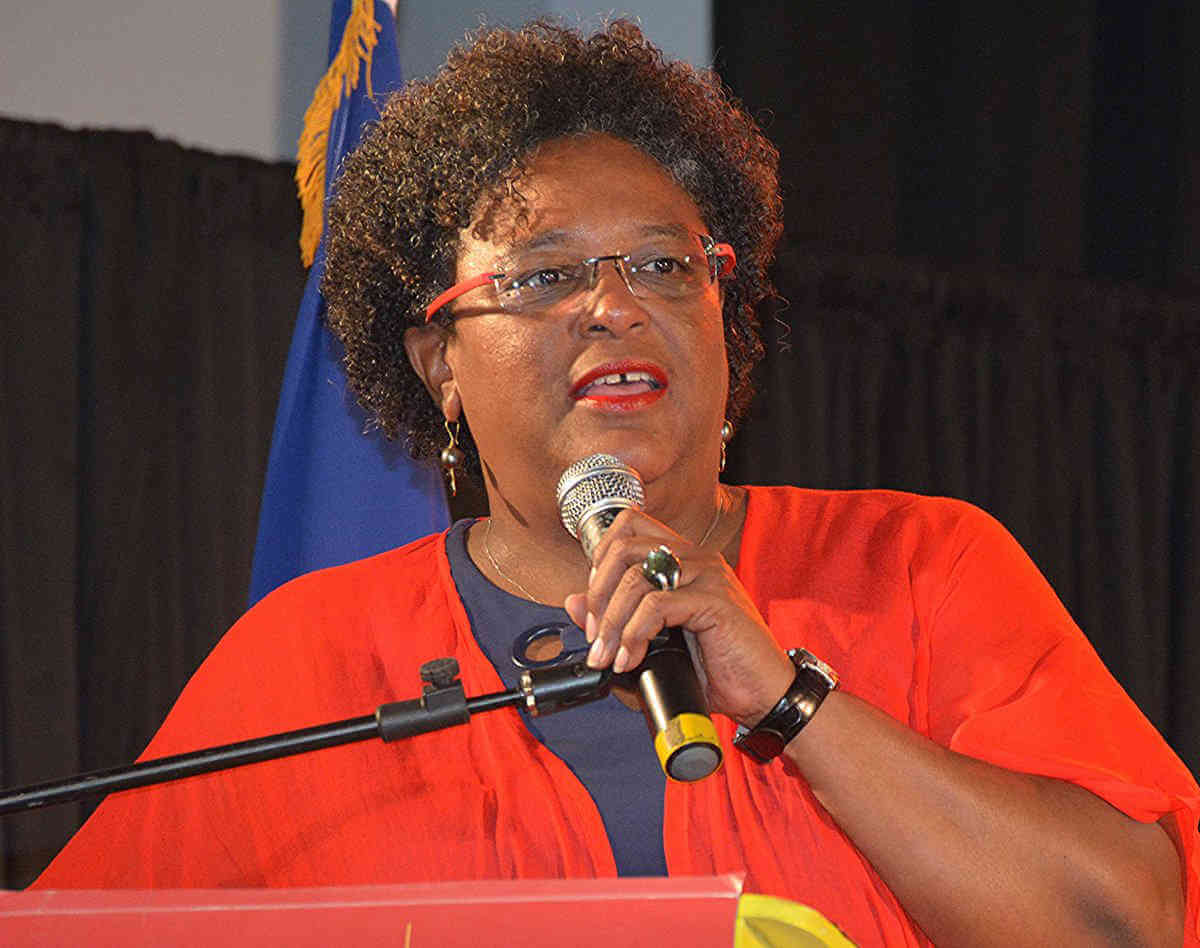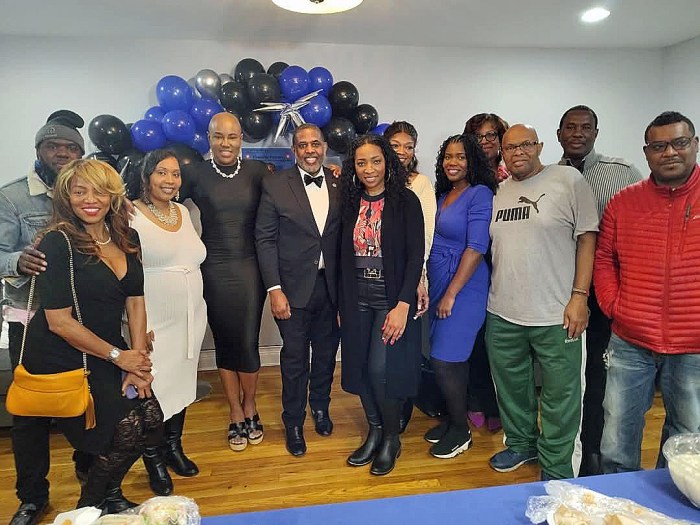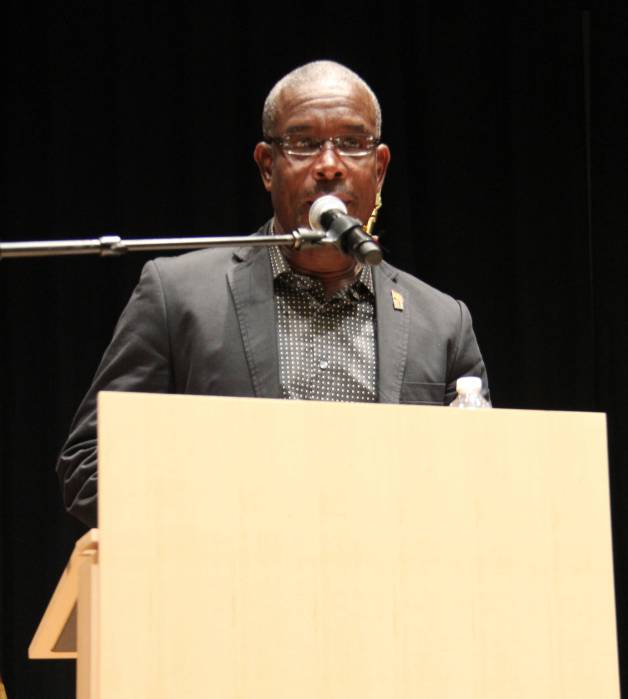Caribbean Community governments Tuesday night withdrew a special regional team of electoral officials it had sent to Guyana to supervise a recounting of ballots in the highly disputed March 2 general elections after a court barred it from participating in the exercise.
The elections commission in a late night statement said that the decision by the team to quit followed a court injunction earlier on Tuesday stopping the commission from recounting ballots in all 10 regions as leaders from both of the major parties had agreed to over the weekend.
The agreement to recount every single of the nearly 450,000 ballots followed a decision of Caribbean community leaders last week to mediate in the simmering dispute over who won the elections as both the multiparty coalition in power since mid 2015 and the main opposition People’s Progressive Party (PPP) had claimed victory at the polls.
Attorneys for the two sides are to argue their case in the supreme court on Friday. The commission said it is fully ready to begin the recount as was the case on Tuesday before the injunction was filed by attorneys close to the administration. It also said it remains just as ready to begin the recount should all barriers be removed in the coming days.
The latest developments mean that there is no official declaration of a winner 16 days after locals voted for a new government.
It also means that no president can be sworn in until after the impasse is cleared up.
Talk of a negotiated settlement by an independent, outside good offices broker is beginning to surface as there is general agreement among knowledgeable people and veterans in the coalition and the PPP that neither party would be able to run the country comfortably giving the racial and political divide. Some form of unity government might be the answer they say.
An earlier declaration that had given the coalition a second five-year term has been voided by the courts, leading to the decision to recount all ballots.
As the impasse drags on, as a thick feeling of malaise hangs over the nation and as workers just kill off time at barely functioning ministries and state departments. There is basically no cabinet and no parliament as this has been dissolved since December. Guyana is also operating without a normal budget as the House is out. Ministries and state departments are only allowed to spend a twelfth of last year’s allocation each month until a new budget is approved. This has severely limited capital works and investments.
Fearing political tensions might boil over into full scale unrest as was the case last week, stores and commercial banks remain largely boarded up and shuttered, with some working only half day, sending home staff early even as leaders from both camps have appealed for calm.
“In light of this recent development, the commission is expected to appear in court on Friday. The high level independent CARICOM delegation has indicated that they would withdraw from the process. The commission is hopeful for an early resolution,” the commission statement said.
PM Mottley expressed regret at the latest developments and wasted little time in suggesting that “it is clear that there are forces that do not want to see the votes recounted.”
The 2020 elections are seen as the most important since independence from Britain in 1966 as the country has found an abundance of offshore oil and gas. Guyana’s take from five shipments of a million barrels of oil each this year could be worth $300 million based on oil prices, but revenues could jump to about $5 billion by 2025 when several oil field would have come on stream.



























